
The tension between Russia and NATO put forward the question on how Bulgaria’s army can be reformed after decades of neglect and whether the country is the alliance’s “weak link”. PM Kiril Petkov looks like he’s on a solitary mission to prove this is not the case.

The Kremlin wants to strengthen its de facto power in Moldova’s separatist region of Transnistria by speeding up the procedure for granting Russian citizenship to residents of the region who have not acquired it yet. And while at it, Moscow is completely ignoring Chisinau.

The threat of Russian aggression against Ukraine comes as an important test for the new Czech government of Petr Fiala – the first major international crisis it must face. It will not be easy, given that the current coalition has to share power with a pro-Russian president and is also facing a growing disinformation campaign.
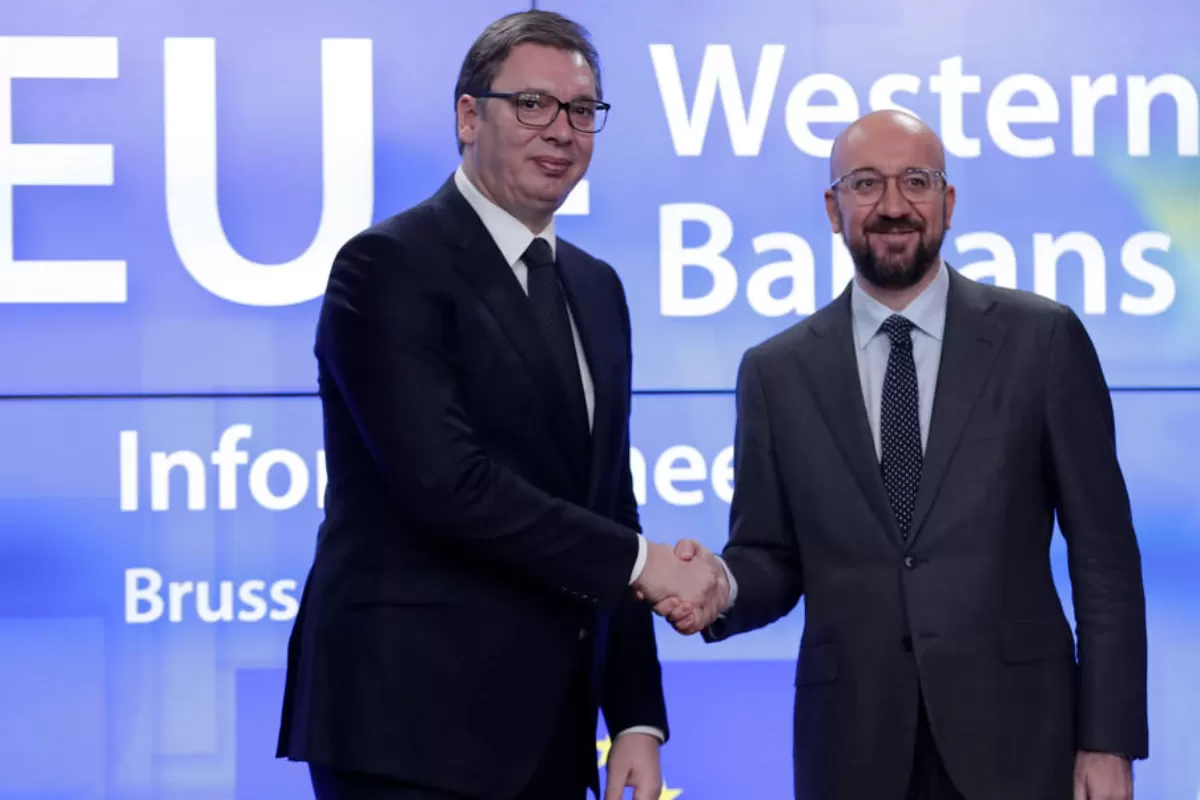
Countries in the Western Balkans have long expressed their desire to join the EU, but their inability to get through with the reforms required by Brussels, as well as the latter's hesitations, continue to prolong the pre-accession process. The answer to the stalemate could be a regional mini-Schengen.

Even if Washington did return to the nuclear agreement and thus managed to ensure that Iran won’t be manufacturing an atomic bomb, odds are its main allies in the region, Israel and Saudi Arabia will not be happy with the result. For these states, Iran continues to be perceived as a threat.
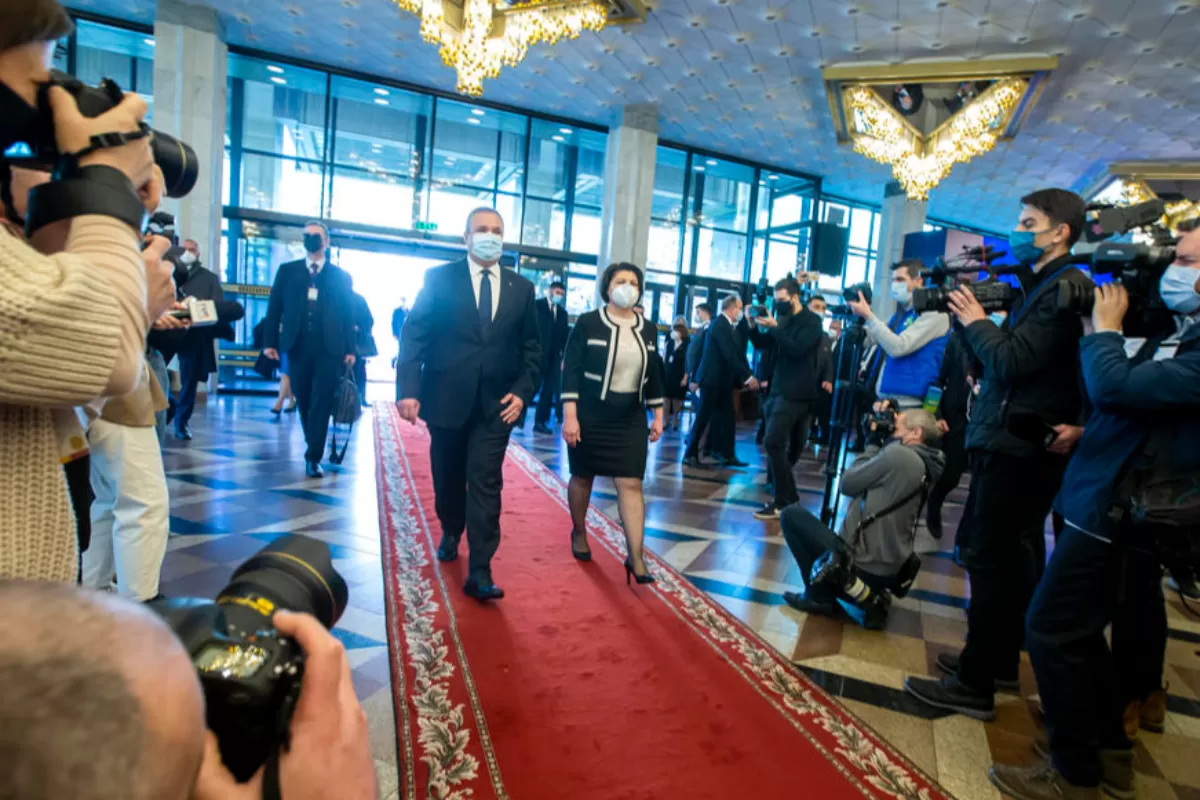
Bucharest has understood in the last decade that investments in the sentimental part of the relationship with the Republic of Moldova should be replaced by concrete and long-term support.

The Catholic Church in Poland continues to be the Church with the greatest political influence in the Christian world. It has achieved most of its political goals, including the effective ban on abortion. Thanks to the support of the right-wing government (but also the ruling liberals in Warsaw), it is certainly even richer. What makes the Catholic Church so strong in Poland? And what price will it pay for it?

The coronavirus pandemic has been accompanied by a wave of fake news, disinformation and conspiracy theories. As the end of it is drawing to a near, conspiracy theorists and deniers will focus on a new goal: climate change.

The pro-European government in Chisinau has pledged to fight corruption and reform the judiciary. Both are difficult processes and it remains to be seen how far they will go or whether they will rather opt for the more convenient “televised justice”, showing spectacular cases, meant to increase ratings and, implicitly, bring more votes.

The Western Balkans appear to be playing an increasingly important role in Russia's plans. Through its leverage in the region, Moscow is able to generate enough problems that require the attention of the West and diminish its ability to manage crises elsewhere - for example in the former Soviet Union.
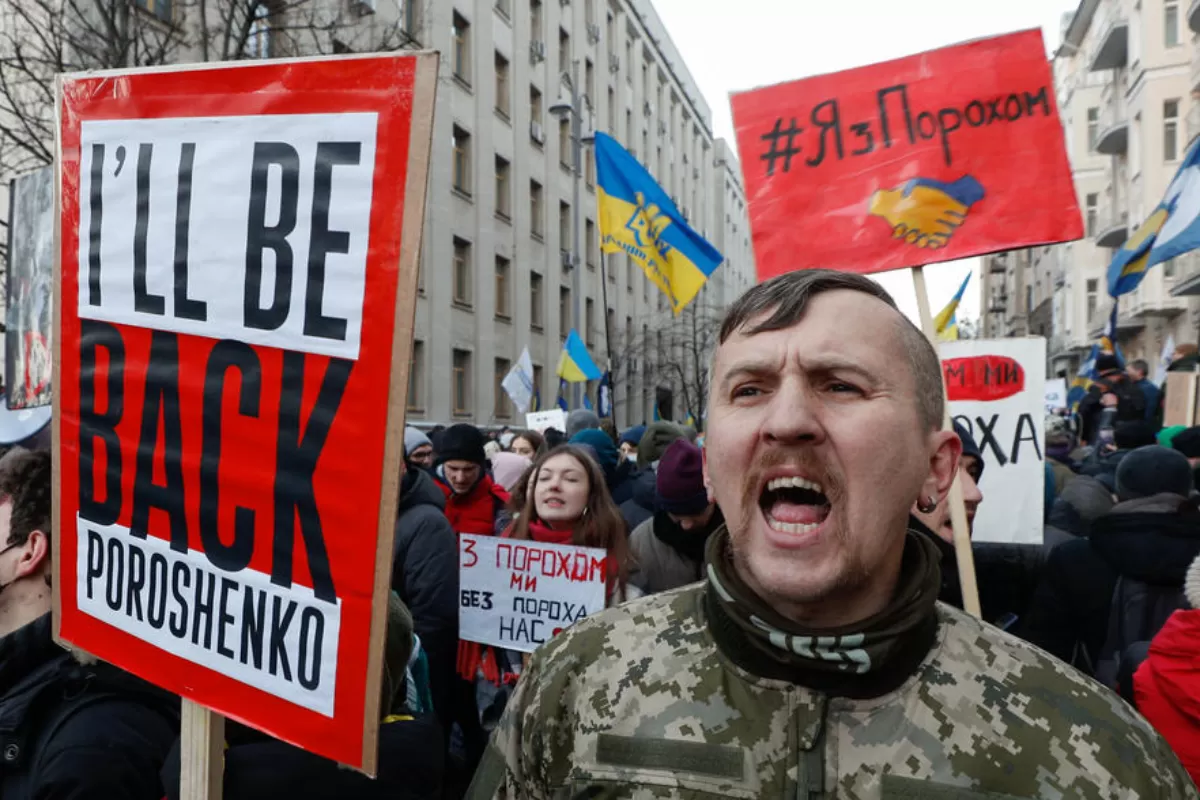
Petro Poroshenko allegedly abused his office to help the separatist regions in Donbas export coal to Ukraine, thus contributing to financing the rebel forces. The former president claims the inquiry is a political gunfight, and other voices have criticized the timing for making these allegations, considering the growing tensions on the Russian border.

The government of the Republic of Moldova has repeatedly taken political and economic actions in order to ensure the survival of the separatist regime in Transnistria. Chișinău has become an advocate of this regime rather than a sovereign state that should encapsulate and reintegrate a rebel territory.
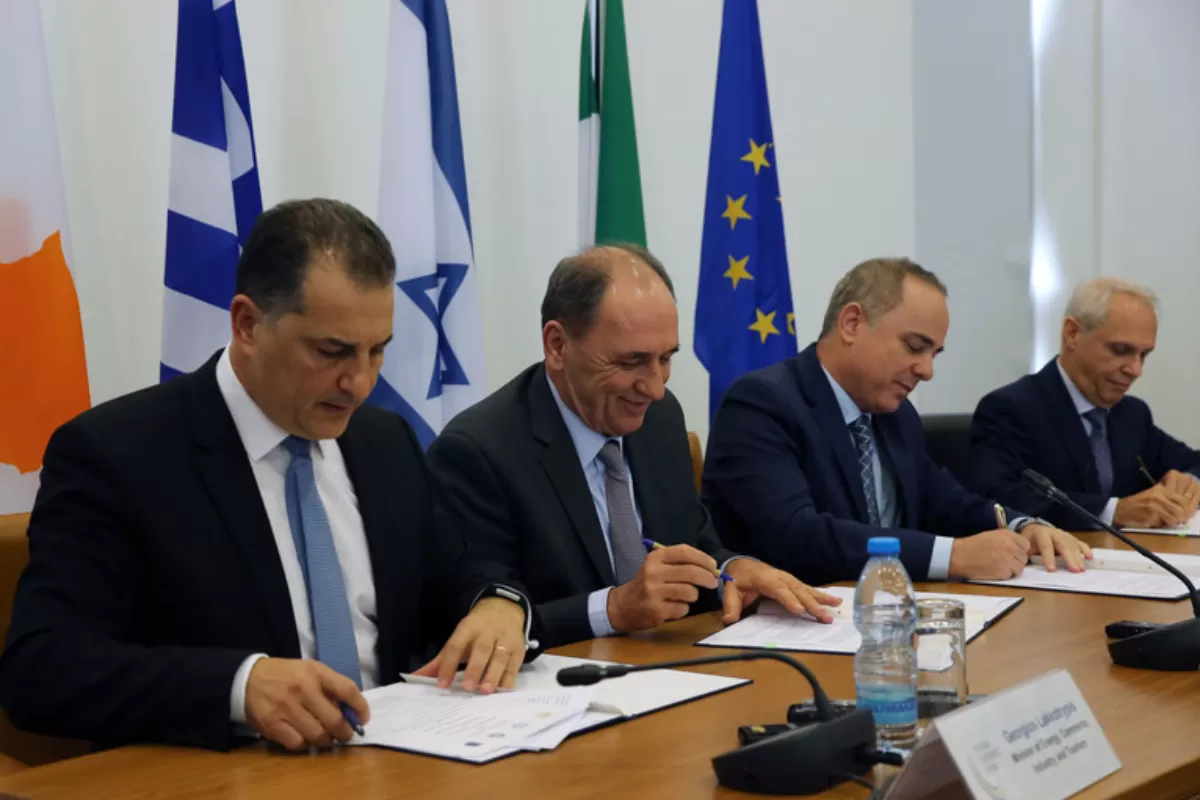
The discovery in recent years of significant deposits of natural gas in the Eastern Mediterranean area has triggered a competition with possible long-term ramifications, not just for countries that own the deposits in question, but also on the European Union’s strategic sovereignty.

One of the greatest athletes of today has become a symbol of the anti-vaxxer movement, but also a symbol of nationalists in Serbia. But is he really a nationalist? To what extent is the “nationalist Djokovic” a media creation? Is the best tennis player in the world a hostage of Serbian myths and nationalism?

Despite repeated warnings that we’re approaching the point of no return for averting a future catastrophic global warning event, not even those countries bent on combating climate change can reach consensus on exactly what steps should be taken. Meanwhile, adding to manmade greenhouse gas emissions are those generated by global warming itself.
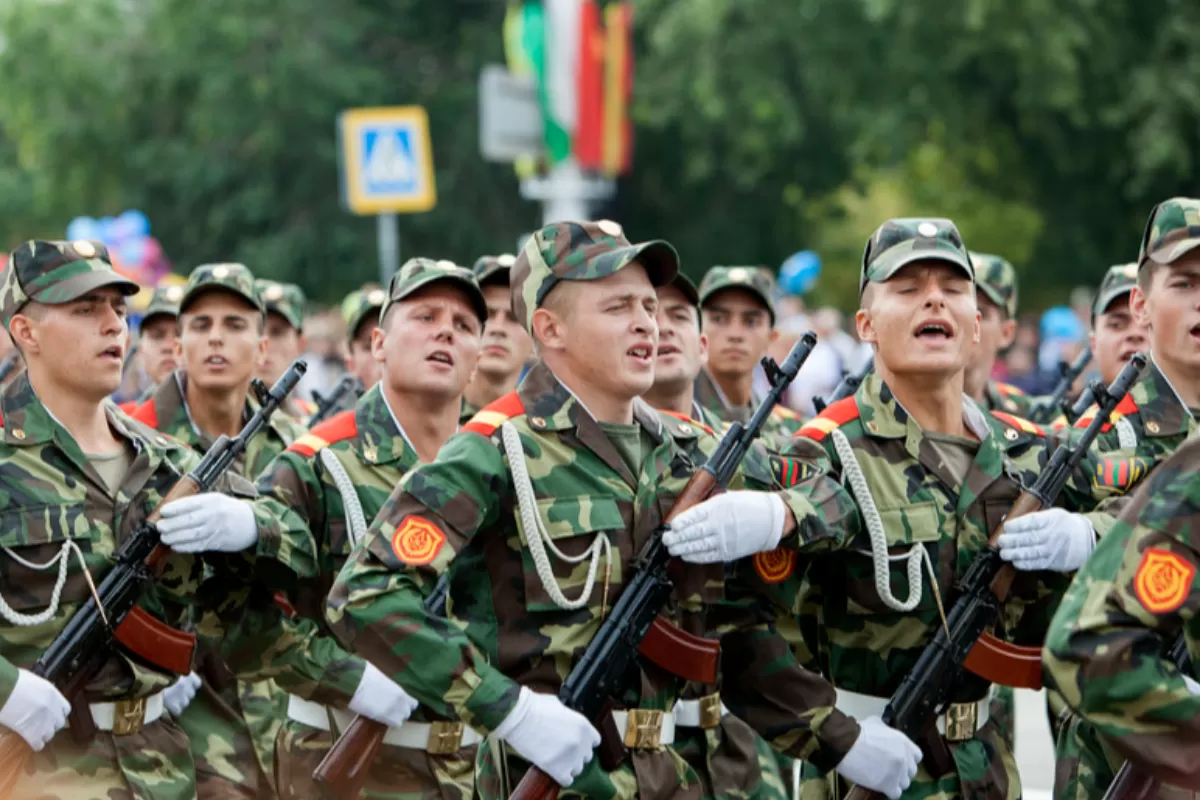
The crisis in Ukraine has generated a great deal of concern in the Republic of Moldova as well, considering that a possible conflict might also spread to its territory, in Transnistria.

With Miloš Zeman plagued by illness and only a year left of his term in office, the Czechs are already starting to look at a field of potential would be Presidents. Next year’s presidential elections may finalise a change that started with 2021 the parliamentary polls, and put Cechia ruling elite firmly back in the Western camp.

Untangling GERB and Boyko Borissov’s legacy might take a while: the new cabinet is keeping North Macedonia blocked from EU ascension talks, uncertainties surround a new gas link in Greece while the current Defense Minister downplayed the need of increased NATO presence in Bulgaria and Romania.

The social media in the Republic of Moldova has been flooded these days by a surging number of pictures of gas bills people uploaded once the energy price rises hit the market. The price hikes and the energy crisis are real, but Moscow and the Moldovan opposition are using them to undermine the pro-European government and its line of reforms.

NATO's refusal to accept Russia's latest demands against the background of the crisis in Ukraine has heightened fears that Moscow is preparing for war. It is a possible scenario, but one that would be extremely costly for Russia, even if it wins the fighting on the ground.

The crisis in Kazakhstan might persuade Moldovans, once and forever, that the model proposed by Russia in its sphere of influence is bound to fail, and that that they need to stop oscillating between the “Eastern” and Western vectors.
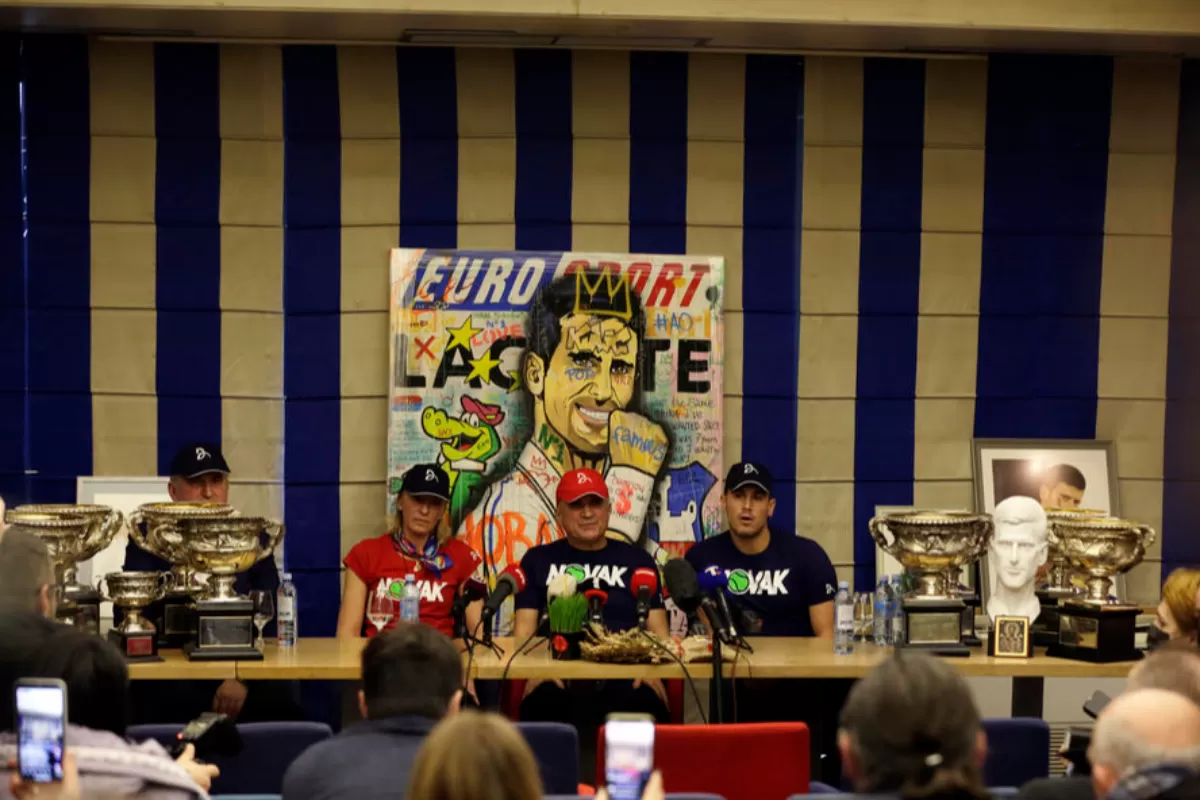
The Djokovic scandal goes beyond sports or health policies. It is also an episode in Australia's internal political disputes and a pretext for self-victimization by anti-vaxxers and Serbian nationalists.

26 years after the end of the Balkan war, marked the Dayton Peace Accords, the Croatian-Muslim Federation of Bosnia and Herzegovina and Republika Srpska are about to break up again.
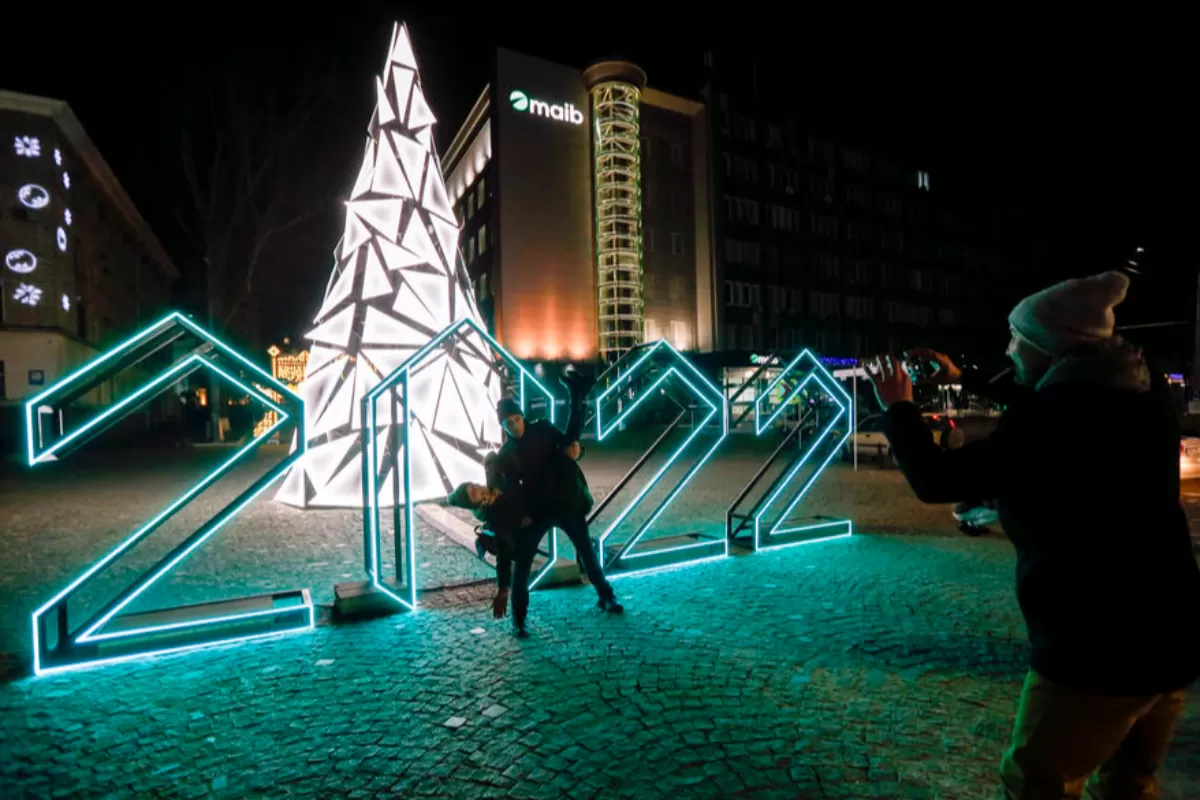
The Republic of Moldova will face a series of great challenges in 2022, both at home, linked to the reforms promised by the PAS government and the economic evolution of the country, as well as abroad, in the context of the growing tensions between the West and Russia and the crisis in neighboring Ukraine.

With elections looming in Serbia, the Vucic regime, which has an almost complete political and mediatic grip of the country, faced an unexpected challenge. Crowds mobilised for an environmental cause – and won.

For the Republic of Moldova, 2021 has been ridden with political, social and economic challenges. The highlight of the year was the victory of pro-European forces in the parliamentary election, after in late 2020 Maia Sandu had secured the office of president.

Three decades after the fall of communism, Vaclav Havel remains the most important symbol of the Velvet Revolution. Michael Švec writes from Prague about the days of the revolution and Havel's legacy.
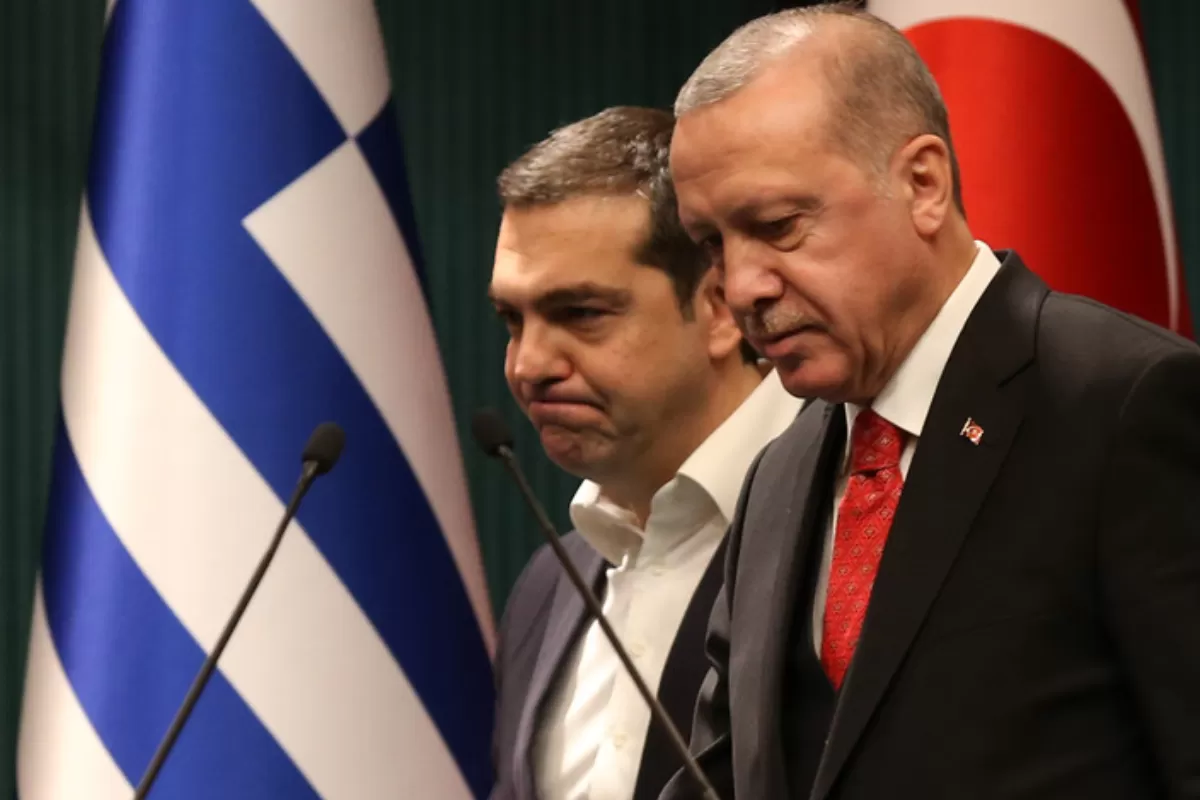
Both Greece and Turkey have been marked in recent years by crises managed by populist politicians. While Athens seems to have overcome the momentum with the help of the EU - which has also blocked dangerous slips - Ankara continues to sink into crisis and move away from Brussels.

Relations between the Republic of Moldova and Romania have often been described as privileged, and there is even talk of a strategic partnership. However, on numerous occasions during the last few decades, Bucharest’s efforts and openness have stood out more, even when it was met with hostility by a country that has ever strived to strike a balance between its “Eastern” and Western orientation.

The Romanian Revolution of December 1989, as well as the national rebirth movement in the Republic of Moldova, wrought up the Romanians in Bukovina, which was an integral part of the Ukrainian Socialist Soviet Republic. Many of the hopes that came with the demise of communisms were however shattered in the face of the new geopolitical realities.
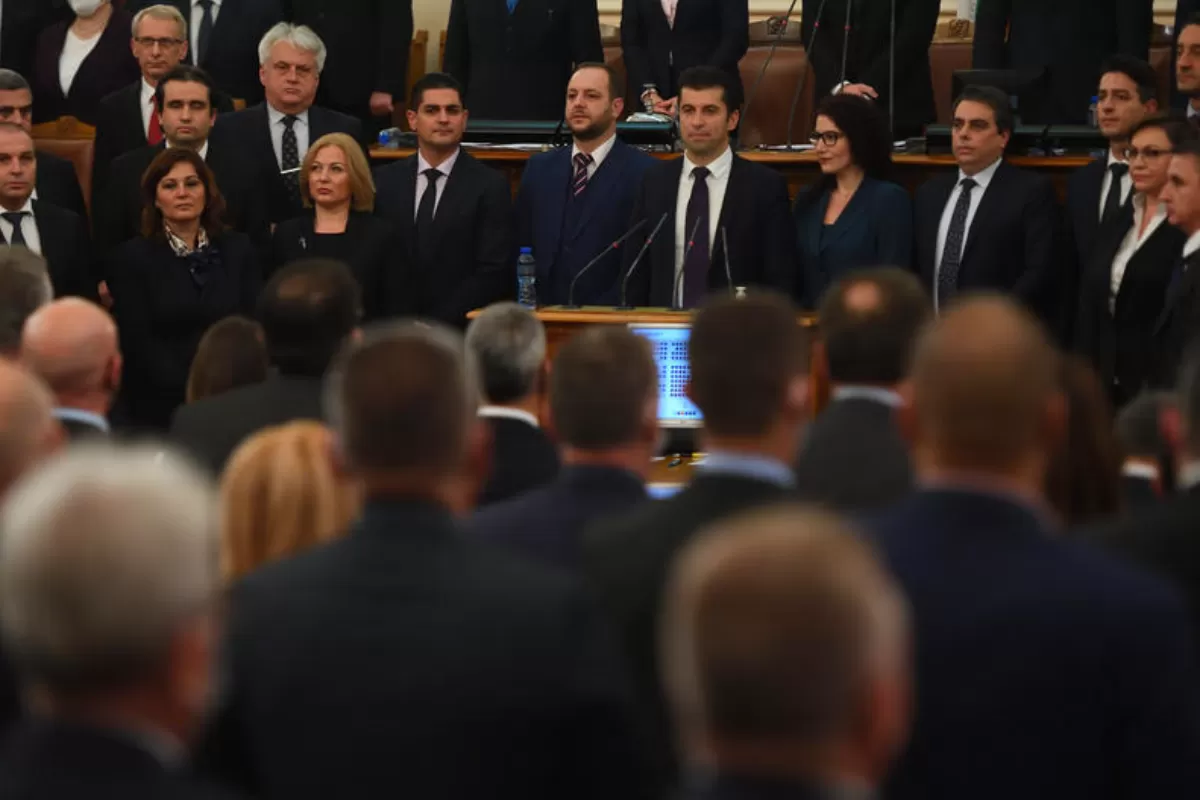
With a new coalition, promising hefty reforms and ending an almost year-long stalemate, Bulgaria seems to be heading towards a change. It is the promise of a new beginning, after a decade marked by GERB domination and suspicions of corruption. For the younger generation, it may as well be a new 1989 moment.
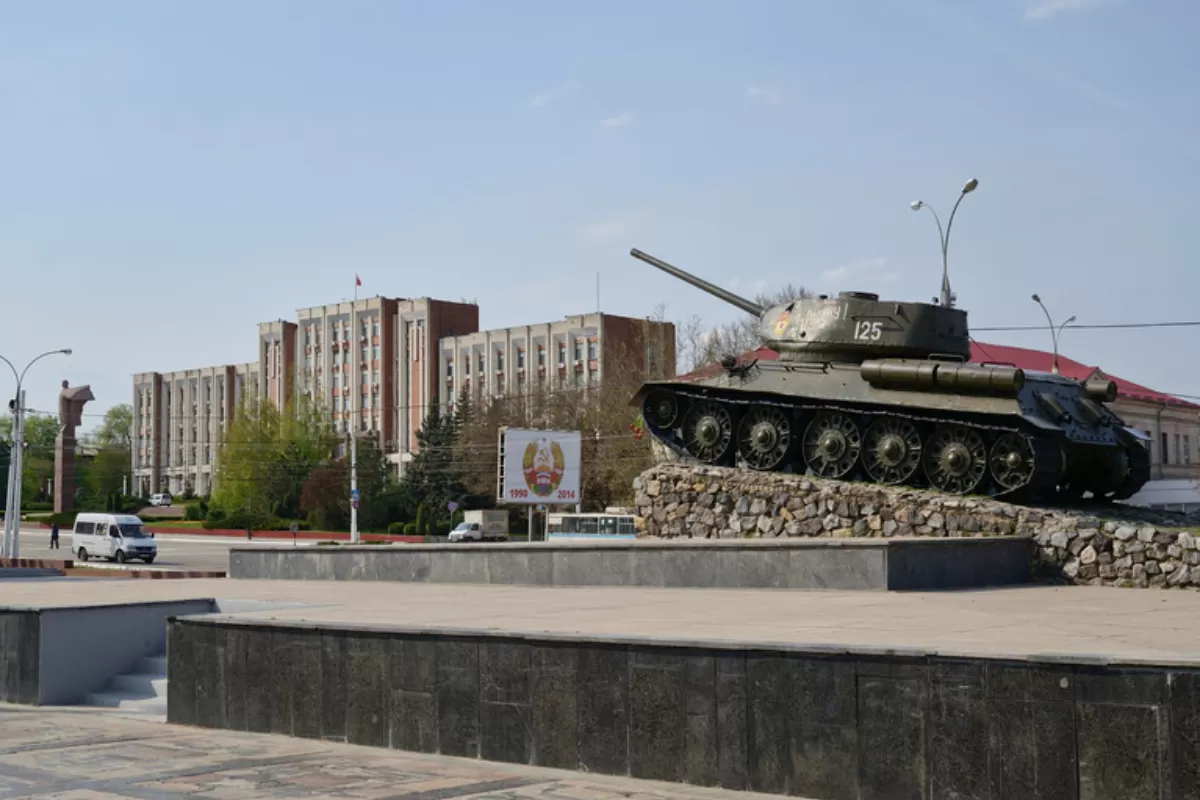
Vadim Krasnoselsky remains at the helm of Transnistria after Sunday’s presidential “election”, which the international community did not recognize. Supported by the Sheriff corporation, Krasnoselsky received the blessing of Moscow, the one who truly controls the breakaway region.